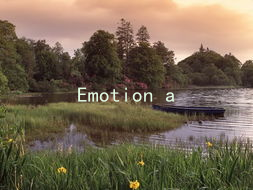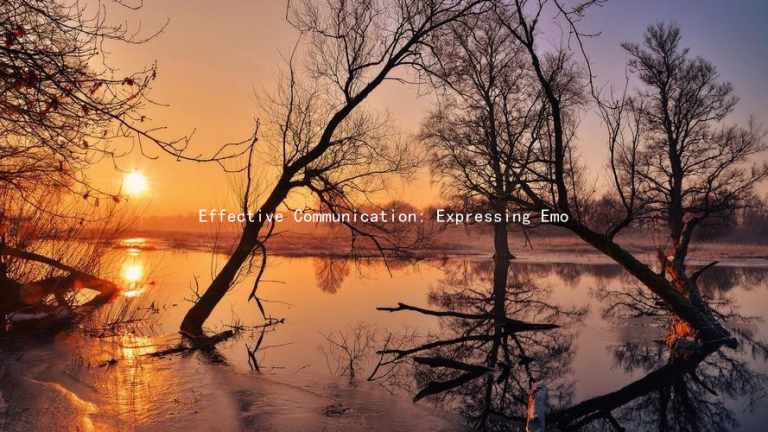Love With Integrity: Balancing Desire and Medical Ethics in Dating
In today’s fast-paced dating world, emotional connections often intersect with personal desires and intentions. As individuals seek to find that special someone, the importance of integrity becomes paramount. This is especially true in the realm of love, where honesty and ethical behavior can significantly impact relationships. The following discussion aims to explore the balance of desire and medical ethics in dating, providing effective communication strategies and tips for a healthy romantic relationship.
First and foremost, understanding oneself is crucial in any dating scenario. Before embarking on the journey of finding love, one must grasp their desires: what are the goals sought in a relationship? Recognizing these aspirations allows individuals to communicate more effectively with potential partners, fostering transparency from the outset. For instance, if someone is genuinely interested in a long-term relationship, expressing this intention early on can prevent misunderstandings and ensure both partners are aligned in their expectations.
Moreover, being honest about one’s past experiences, particularly concerning health, is paramount. In the context of medical ethics, sharing information about one’s health status or any pertinent medical history—especially sexually transmissible infections or chronic conditions—can be daunting but is necessary for building trust. An approach that emphasizes empathy and vulnerability can go a long way. For example, instead of stating “I have a medical issue,” one might say, “I’d like to share something important about my health. I believe it’s essential for us to have open and honest conversations.” This not only aids in maintaining integrity but also facilitates a deeper connection grounded in mutual respect.
Communication also extends to being attentive to the emotional needs of a partner. Listening actively and responding with understanding can help create a safe space for both individuals to express their concerns, desires, and boundaries freely. When one partner feels heard and respected, it nurtures an environment of trust, which is vital for emotional intimacy. Techniques such as paraphrasing what the other has said or asking clarifying questions can enhance the communication experience. This practice shows genuine interest and fosters a healthy dialogue.

Furthermore, ethical considerations in dating also encompass respect for each other’s boundaries. For instance, discussions around physical intimacy should always prioritize consent and comfort. Establishing clear boundaries early on can prevent misunderstandings and reinforce respect. A suitable way to initiate such conversations might be to say, “I value our connection and want to ensure we’re both comfortable as we explore our relationship further. What are your thoughts on physical boundaries?” Engaging in these discussions demonstrates maturity and paves the way for a healthy, consensual relationship.
Additionally, understanding the implications of one’s lifestyle and choices on the relationship is essential. This includes taking responsibility for how personal decisions, whether related to career ambitions, social life, or health, might affect a partner. Balancing personal desires with the needs of a relationship requires foresight and an understanding of compromise. Sharing future aspirations and seeking mutual goals can enhance partner compatibility. Phrasing such discussions positively can lead to constructive outcomes: “I have personal goals that are important to me. How do you feel about balancing our individual pursuits while supporting each other’s growth?”
Finally, it’s essential to cultivate emotional resilience in dating. Not every interaction will lead to a romantic connection, and learning to navigate disappointment with grace is key. Practicing self-care and maintaining a strong support network can help individuals bounce back from rejections. Remembering that each experience teaches valuable lessons is crucial; instead of viewing a failed romantic endeavor as a loss, it can be seen as an opportunity for growth.
In conclusion, maintaining integrity in dating is about balancing desires with ethical considerations, especially concerning health and personal boundaries. By fostering open communication, being transparent, and building mutual respect, individuals can create healthy relationships that honor both their emotions and commitments. Love, rooted in integrity and ethical awareness, has the potential to flourish, leading to meaningful connections in our lives.





